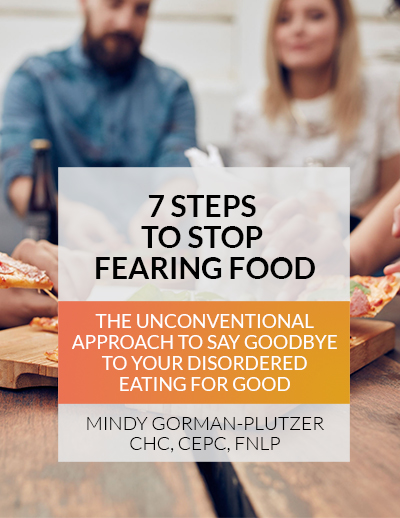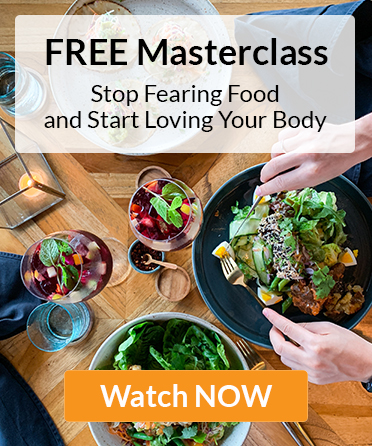Are you intrigued with the newest superfood, the latest supplement, the next toxic food you should stop eating or the hot diet that will help you lose weight (because your sister, friend, colleague had great success)?
I’ve, for some time now, been extremely aware of how confusing the nutritional landscape can be to navigate. To further complicate things, every theory is backed up by a scientific study, or two. There is so much conflicting advice being bantered about that I understand you may be tempted to throw your hands up and rip open that bag of Doritos.
All too often in my practice, clients present with a particular concern, whether it be weight management, digestive and food allergy challenges, or a volatile relationship with food. To this last point, our relationship with food is at an emotional low. Studies tell us that 9 out of 10 women dislike their bodies and 8 out of 10 women are on a diet. Unfortunately, after decades of dieting, we’re still gaining weight. Nutrition-linked diseases such as diabetes, digestive disorders, fatigue, and mood issues are becoming all too common.
While my clients want to know precisely WHAT to eat, it is imperative that we explore WHO they are as eaters and that they understand their nutritional needs are unique to them. The advice I offer and subsequent recommendations are based on the concept that nutrition is where food meets the body and for many, where physiology meets psychology.
So, in the spirit of moving forward to a clearer understanding of the nutritional landscape, I share the following concepts I’ve incorporated into my life and my work, based on the teachings of my mentor, Marc David..
- “Nutrition Experts” need not be taken so seriously…We have become so reliant on outside advice that we’ve lost the ability to access the wisdom of the best nutrition consultants – ourselves. I love experts, I put myself out there as an expert, and I am happy to see every one of us questioned, doubted and challenged. Many experts tend to read their own bodily experience and translate it onto your body. They erroneously believe that if a specific diet works for them, it must therefore work for every one else. This is as unscientific an approach as one could imagine, yet it masquerades as intelligent. Yes, there are plenty of general nutrition rules that apply to huge subsets of people. But for me, the deeper cut is that nutrition is not a one-size-fits-all business. Indeed, it’s an amazing field where biology, chemistry, lifestyle, and the inner workings of our psyche converge in a highly specific way for each individual. Stop giving your power over to the experts. Start believing in your own wisdom, experience and insights.
- Let go of your high fact diet…I’ve noticed that far too many people are in their heads about what to eat. We’re looking for the perfect diet, the one way to eat that will have us happy and healthy and fabulously chic for the rest of our lives. We also believe that if we only had the correct facts, the right information, we can be happy. Yes, facts and science and information are important. And, at the same time as we honor facts, we need to drop out of our worries, our endless search, our constant self doubt, and embrace the wisdom of the body. Listen to what you crave. Experiment. Make mistakes. Get feedback from your body. How do you feel now in relation to what you ate then? Can you notice how a particular food impacts you? Can you sense how a supplement or pill affects you? Can you quiet your mind enough to access the brilliant wisdom of your body that’s constantly giving you feedback and information about food and health?
- What you eat is only half the story of good nutrition…The other half of the story by the way, is who we are as eaters. Meaning, what we think, feel, believe, our level of stress or relaxation, the amount of pleasure in a meal, our attention to the eating experience, the inner story we are living out, the speed at which we consume our food, the degree to which we feel nourished, the intention with which we choose a food – all of these, and more, powerfully, literally and scientifically impact the metabolism of every meal we eat.
The field of Mind Body Nutrition clearly asserts the simple science behind these concepts, but the proof is in your own experience. Can you feel how nutrition is more than just the food you eat? Have you noticed that eating under stress literally diminishes your digestive power? What are the nutritional and dietary beliefs you feel most strongly about and how do you imagine they can change?
Email me your thoughts, go ahead and enjoy a good meal, whatever that meal may be. For a good meal is, indeed, part of a fully nourished life–






0 Comments